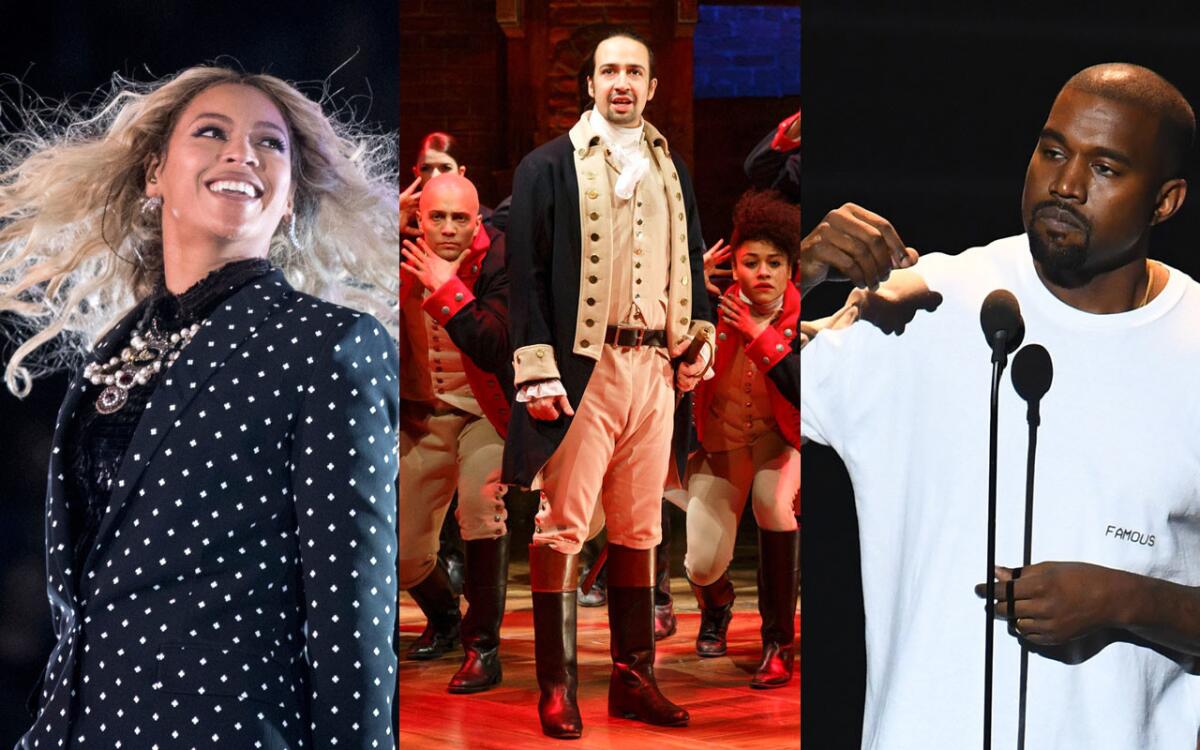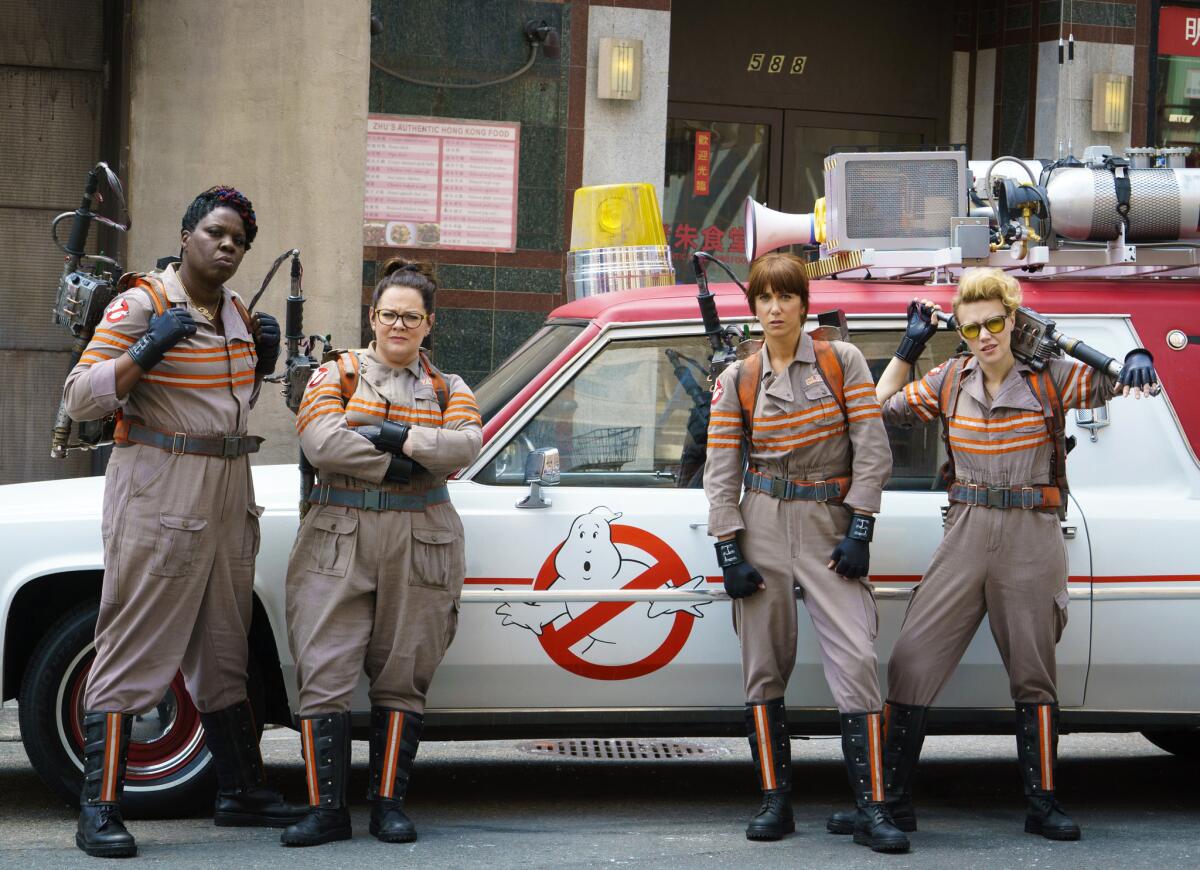Overrated/Underrated 2016: After a year of hot takes and backlashes, what are we doing here?

After seven years, you get a chance to know somebody. Effectively, it’s the duration of a presidency, a broken mirror’s threat and the first sparks of an itch, if bygone Marilyn Monroe movies are to be believed.
But after seven years of tossing bite-size judgments around in this little sandbox, the Internet has gone from this column’s ideal delivery system — consider its usual length and tone — to the beginnings of an existential paradox. When so much of culture swerves through a cycle of rapt appreciation to contrarian backlash and inevitably back again, how does another shout into the winds of critical appreciation have meaning?
Quaintly established as a means of quickly sharing information — a series of tubes, remember? — the Internet’s dominant purpose can now best be described as a lethally effective delivery system for opinions. In 2016, the Internet’s capacity as a repository of immediate reaction stretched further than ever, leaving room for only two sides. Up or down. Overrated or underrated?
With the advent of Facebook, Twitter, Tumblr and the rest, everyone now has a means to champion any aspect of pop culture, rail against its existence or, in some cases, alter its form. Ten years ago, what began as a crowd-sourced — and frankly well-earned — key line in Samuel Jackson’s “Snakes on a Plane” has swelled into wink-and-nod fan service in our summer blockbusters or the swift and even dangerous rejection that comes with disappointing those fans.

See the most-read stories in Entertainment this hour »
Among the examples from this year, consider the rebooted “Ghostbusters,” a film that had the temerity to reimagine the franchise with four women — four diverse, very funny women — as the leads. Well before the premiere, its very concept was deemed responsible for the destruction of thousands of childhoods.
The backlash, which swelled to include account hacking and threats for one of the film’s stars, Leslie Jones, offered a tidy microcosm of the country this election year: a reconvening of the culture wars in the caustic, often anonymous voices of Twitter.
But each war has two sides. and no recent work of pop culture received as much near-uninterrupted acclaim as Lin-Manuel Miranda’s “Hamilton.” Hearing the music, a catalog of hip-hop history reborn as American history with a cast as diverse as New York City acting as our founding fathers, “Hamilton” inspired a sort of progressive pride in the potential of our art and nation akin to the feelings generated by the presidential inauguration of a “skinny kid with a funny name” almost eight years ago.
However, the award-winning musical unwittingly seemed to become a symbol for public-radio-supporting, impossible-ticket-procuring coastal elitism. The imbalance was never clearer than after one performance as “Hamilton” actor Brandon Victor Dixon addressed an attending vice president-elect from the stage at the close of a show last month.
The result was a municipal library’s worth of social media responses from both sides of the political spectrum, which included a demand for an apology from the president-elect and a Trump supporter interrupting a Chicago performance of “Hamilton” weeks later.
All this was despite the reality being far more nuanced — Dixon’s comments were even-handed and respectful as he called only for Mike Pence to remember human equality after thanking him for coming to the show, and Pence reportedly took no offense, telling his daughters, “that’s what freedom sounds like.” But that kind of fuel for debate doesn’t burn nearly as hot.
2016 was also another year where Kanye West continued his standing as America’s musical lightning rod. Perfecting the art of harnessing the viral capabilities of trolling for reactions, West built on last year’s threat of a presidential campaign to release an in-progress new album.
Before this devolves into another clucked tongue bit of scolding from old media (and who are you calling old, by the way?) allow us to take our share of the blame.
The concept of quickly generated, controversy-courting opinions began with sports journalism, a safe space to rally or rile up any fan base. The “hot take” has since spread to politics and, naturally, its spiritual sibling in 2016: entertainment.
“Star Wars” is back, and doesn’t it feel good? “Star Wars” has a female lead, it’s an abomination. Beyoncé is a multi-talented, ground-breaking artist and we must “bow down.” Beyoncé dishonored the patriotic sanctity of the Super Bowl (?) by evoking the Black Panthers at halftime. “Game of Thrones” is the greatest show ever. HBO’s flagship series goes on too long and repeats itself. Kanye West is brilliant. Kanye West is a troll. The Oscars were the worst Oscars ever. Every year. (This last one is actually true — good luck, Jimmy Kimmel!)
The currency is always attention, which on the Internet turns into clicks, which by some strange alchemy becomes money. Whether the claim is well defended or, say, based in reality isn’t always relevant.
With that in mind, everything is now ripe for appraisal. This month, one prominent pop culture publication overrated the current state of shower faucets. I didn’t read the piece, but I imagine its margins revealed a faint shadow marking the last page of the Internet.
So where does that leave us? One of the true pleasures in consuming art is wanting to tell someone about it, to shine a light on something that may have been overlooked. Or, on the other hand, weigh in against a wrong-headed consensus. The Internet and the real people held in its reflection are more polarized than ever, but maybe it always has been. Does it make sense to abandon debate once only the loudest have control over it?
As exhausting as the question feels, the answer remains the same — even after seven years. Now does anyone mind if I wrap all my future opinions on Adele in the American flag?
Follow me over here @chrisbarton.
ALSO:
Year in review: Overrated/Underrated 2016
Year in review: Jeff Parker, Mary Halvorson among favorite jazz artists of 2016
Review: Kamasi Washington expands his vision further at Disney Hall
More to Read
The complete guide to home viewing
Get Screen Gab for everything about the TV shows and streaming movies everyone’s talking about.
You may occasionally receive promotional content from the Los Angeles Times.






